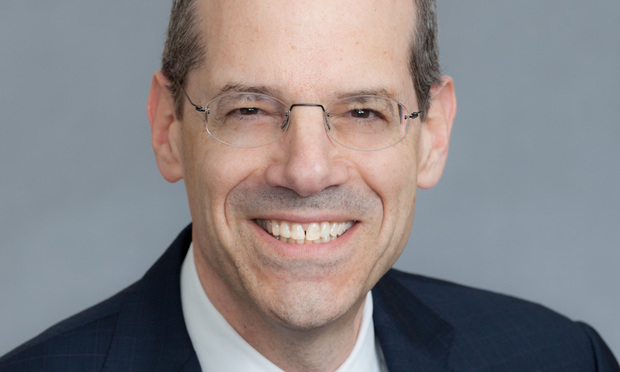On Dec. 11, 2012, HSBC entered into a deferred prosecution agreement (DPA) with the Department of Justice in which it admitted that it “moved illegally hundreds of millions of dollars through the U.S. financial system on behalf of banks located in Cuba, Iran, Libya, Sudan, and Burma,” and hid the banks’ identities by altering payment messages.1 Under the terms of the DPA, HSBC was fined almost $2 billion, but despite the Justice Department’s statement that “[t]he record of dysfunction that prevailed at HSBC for many years was astonishing,” no individuals were charged—let alone convicted—in this scheme.
The HSBC matter is only one of several recent, well-publicized examples of companies entering into criminal settlements in which they admit to egregious conduct and accept massive penalties, but where no individuals are charged. The public has every right to wonder how it can be that the government brings no charges against individuals in the wake of settlements like these. Companies act only through the conduct of individuals—if the conduct is as egregious as portrayed in these settlements, and if the massive penalties are appropriate, how is it that so often the government charges no individuals?
This content has been archived. It is available through our partners, LexisNexis® and Bloomberg Law.
To view this content, please continue to their sites.
Not a Lexis Subscriber?
Subscribe Now
Not a Bloomberg Law Subscriber?
Subscribe Now
LexisNexis® and Bloomberg Law are third party online distributors of the broad collection of current and archived versions of ALM's legal news publications. LexisNexis® and Bloomberg Law customers are able to access and use ALM's content, including content from the National Law Journal, The American Lawyer, Legaltech News, The New York Law Journal, and Corporate Counsel, as well as other sources of legal information.
For questions call 1-877-256-2472 or contact us at [email protected]



